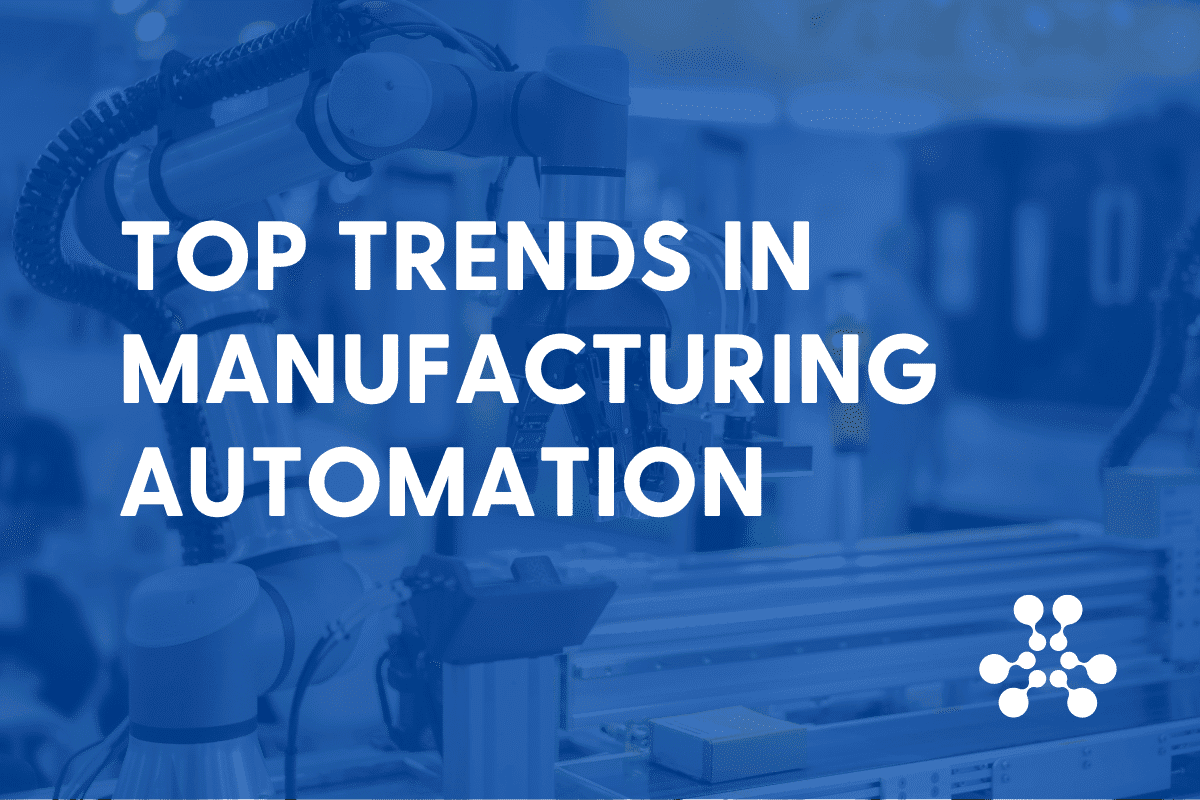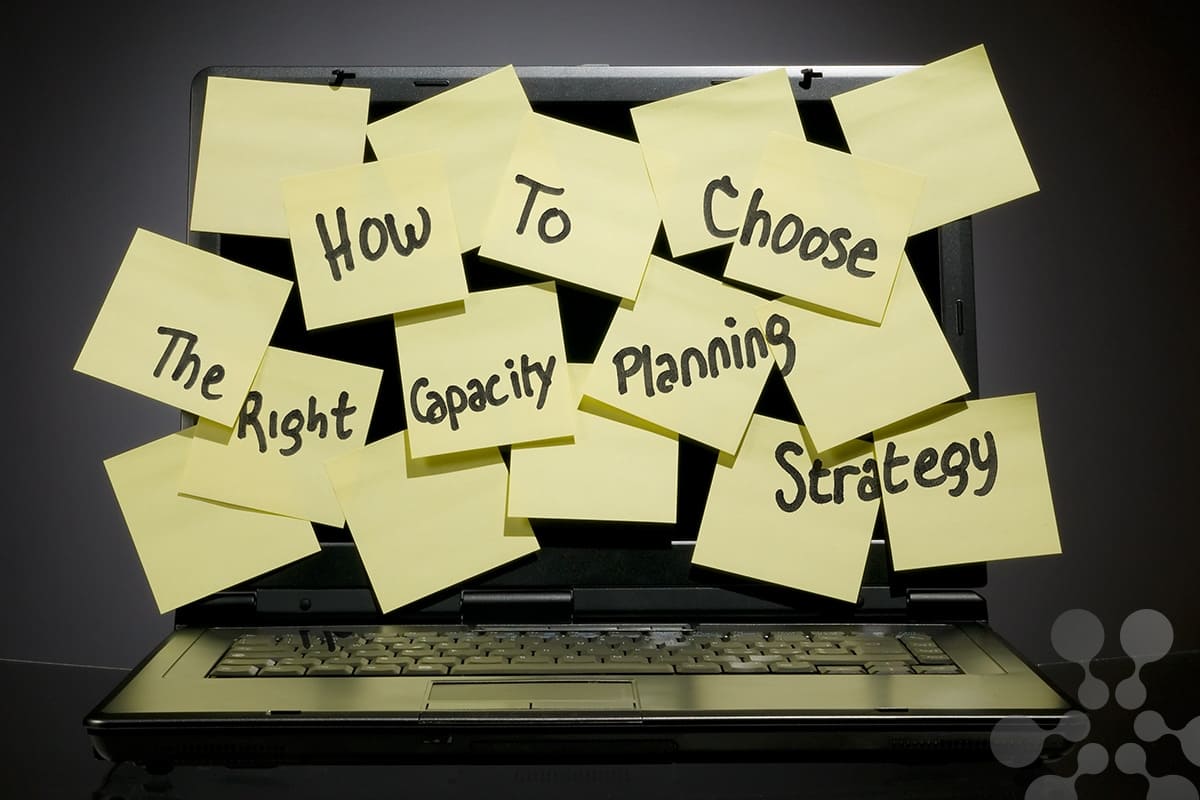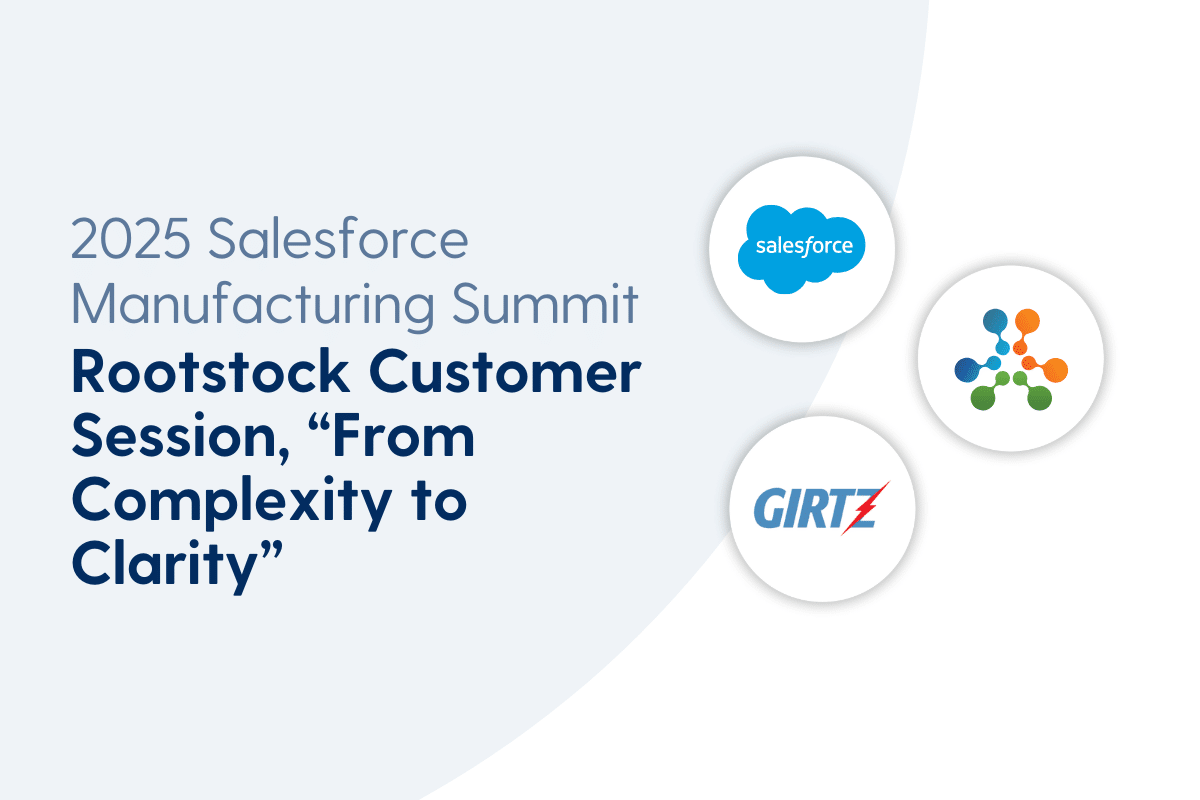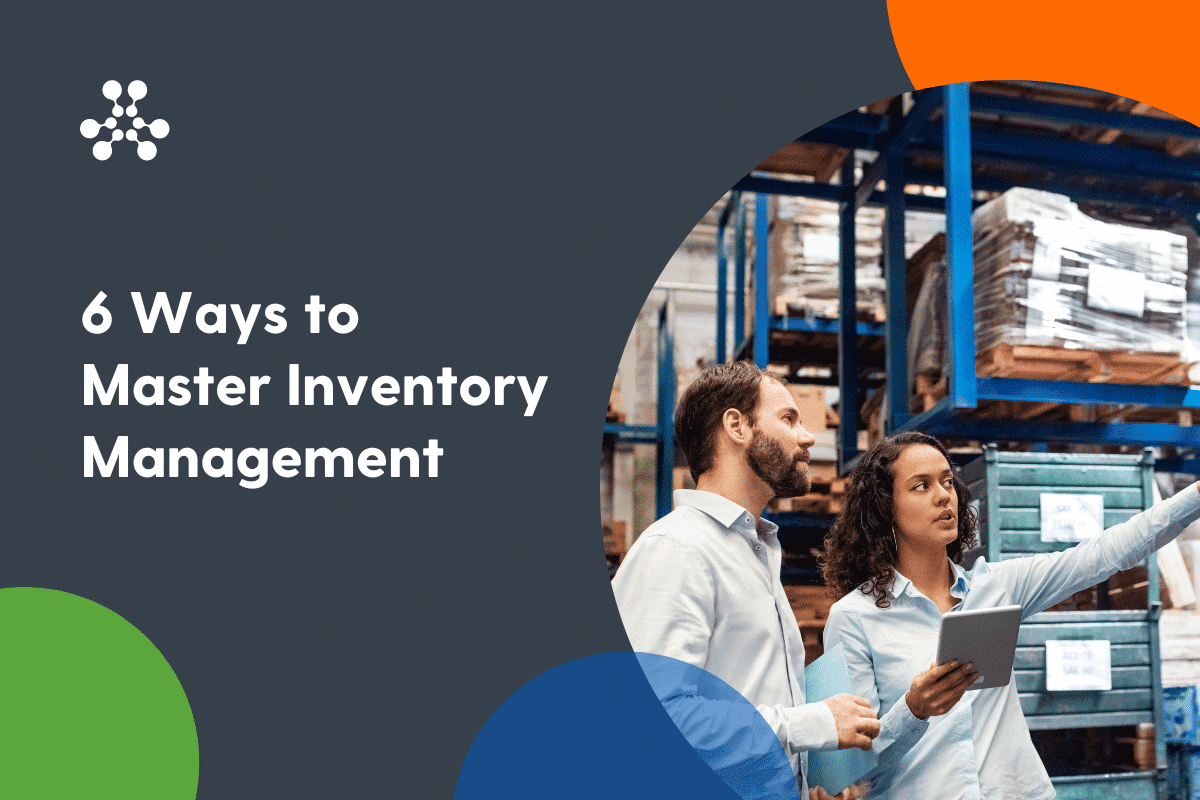4 Myths About Cloud ERP Software
Manufacturing firms have been moving to the cloud for their ERP software. Yet some myths about cloud ERP persist.
Myth 1 – Cloud ERP is Too Costly
We’ve heard this one many times before. But industry analysts disagree. Their studies conclude that cloud-based ERP software reduces infrastructure, maintenance and lifecycle costs by as much 54%, and save money and time by increasing real-time collaboration and reducing time to market.
Cloud ERP lets firms spend less on IT. Over a three- to five-year period, consider the hardware, software, implementation, customization, training, support and maintenance costs required for on-premise ERP. These items simply do not exist or are easier to implement with cloud ERP, which doesn’t need large computers or onsite staff to maintain them.
Myth 2 – Cloud ERP is Not Secure
Another persistent myth about cloud ERP is that it’s not secure. When cloud solutions first appeared, sure, security was a major concern. But this is no longer true with the best cloud-based ERP systems of today. Security for these systems includes firewalls, two-factor authentication, advanced encryption, frequent security updates, and detection.
Compare the cloud ERP security to legacy ERP security. The Aberdeen Group recently wrote in the article “Web Security in the Cloud: More Secure! Compliant! Less Expensive!” that security for on-premise systems have historically had more data loss and exposure when compared to cloud-based systems. Data loss in an on-premise system can be permanent when a system fails. Cloud ERP backup procedures ensure that downtime is not only rare but also temporary.
Myth 3 – All Cloud ERP is the Same
Different manufacturers have different needs and the best cloud ERP systems support those unique characteristics. For example, firms that manufacture customized products in small batches have different needs from firms that manufacture the same product over and over.
Yet some businesses still believe that all cloud ERP is the same and none of them are unique enough to suit their specific needs. Manufacturers with little knowledge of modern cloud systems can’t see past the buzzwords and perceived complexity. But the cloud is not a platform that delivers a complex, one-size-fits-all solution. The best cloud ERP vendors offer flexibility, a wide variety of cloud-based functionality, are designed by experts and are not loaded with bells and whistles that don’t firms don’t need.
Myth 4 – Cloud ERP Cannot be Integrated with Other Systems
Some manufacturers still believe the myth that cloud ERP software is difficult to integrate with their existing systems. Firms concerned about integration should consider an established enterprise cloud platform like Salesforce, which Gartner calls the clear market leader. Through its popular AppExchange, which now boasts over 4 million subscriptions, Salesforce provides a stable and growing cloud ecosystem for manufacturers looking for cloud-based solutions, and an ideal platform for cloud ERP. The Salesforce ecosystem allows software developers to create new apps for the platform to expand the reach of the platform and add to their customers’ experience.
Third-party apps native to the same platform are easy to manage and integrate. They provide end users with a consistent interface and experience. Salesforce has a big lead over its competitors when it comes to platform maturity and ecosystem; it has the most applications, customers, revenue and advanced features. Rootstock Cloud ERP for Manufacturers is a 100% native Salesforce solution, so manufacturers can integrate it out of the box with other Salesforce apps.
Conclusion
As cloud-based ERP continues to grow and more manufacturers reap the benefits of increased efficiencies, improved productivity and increased profits, perhaps we may finally see these myths disappear.






